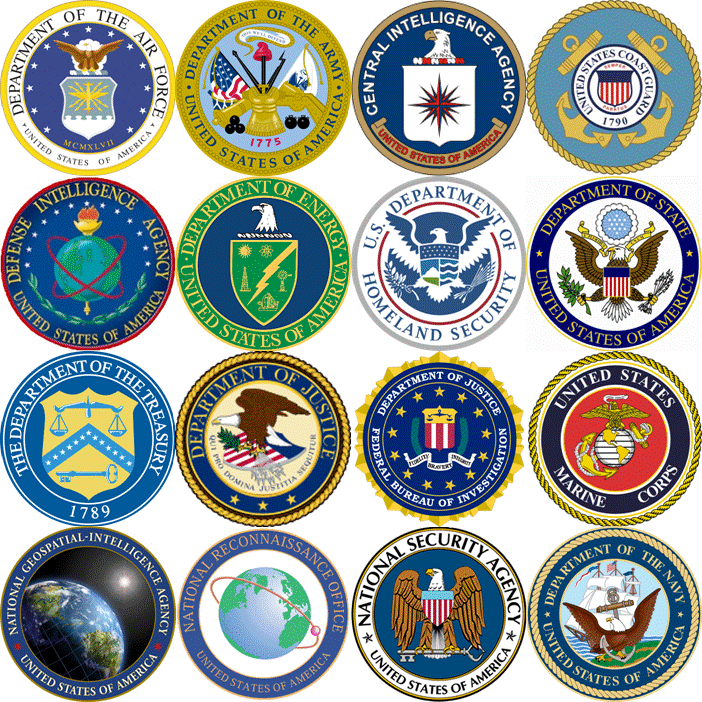schlieffen
New Member
I think it's because of the massive amount of unguided or semi-guided rocket artillery the PLA has.
The rocket forces will likely take over responsibly for those (or at least the largest caliber versions of those rockets that have ranges in the hundreds of kms) as well as the guided cruise and ballistic missiles, so it's most appropriate to call it 'rocket' forces rather than 'guided bomb' (literal Chinese translation for missile) forces, which would implicitly exclude all the guided stuff.
That’s extremely unlikely IMO. Most of the long range rocket launchers are meant for export market and are not fielded by PLA ground force in numbers. The only long range rocket mass deployed by PLA is the PHL03, which depends on the type of ammunition has a range of 80-150km. That sits perfectly well in the category of field artillery and will remains most likely under army control. Furthermore, most of these long range rockets have some sort of rudimentary guidance (inertial or GNSS) to give them some useful accuracy at maximum range, so the distinction between missile and rocket is actually blurred.









